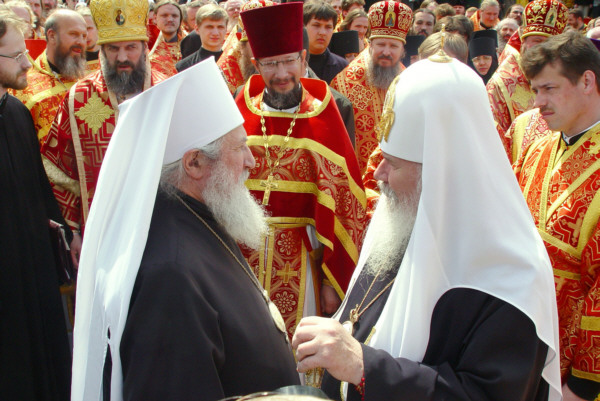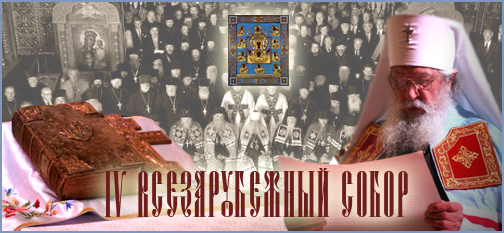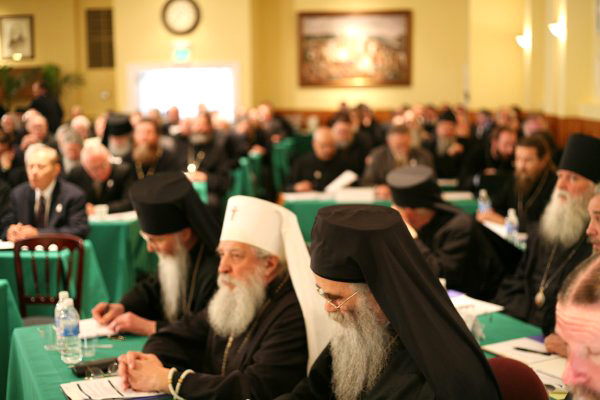
Formally known as...
IMPERATOR CAESAR FLAVIVS CONSTANTINVS PIVS FELIX INVICTVS AVGVSTVS(Emperor Caesar Flavius Constantine Augustus, the Pious, the Fortunate, the Unconquered)
But better known as...
Emperor Constantine I, Great Sovereign and Equal to the Apostles
The Emperor Constantine has had received considerable bad press in recent years; the most recent being author Dan Brown's allegations that Christ came to be seen as divine only because of Emperor Constantine's politicking at the First Council of Nicaea.
Those unfortunate enough to have come across Jack Chick's tracts may remember a similar fantastic claim about the Emperor Constantine being directly responsible for distorting Christianity by bringing in pagan elements (and effectively creating Roman Catholicism) when he merged it with the cult of Sol Invictus the sun god.
Similar assertions by the Jehovah's Witnesses, Alexander Hislop's
The Two Babylons, Rev Bob Jones Sr, Dr Ian Paisley and various anti-Catholic entities have been made. They usually include Constantine being pagan, convening the Council of Nicaea for politcal reasons, being baptised only on his deathbed, wanting to be deified, etc, etc, so on and so forth.
The controversy doesn't have only to do with Constantine's scandalous conduct - murder, treachery, death-bed baptism - but the whole dynamic set in motion by first his Edict of Milan and then his supposed making of Christianity the official religion of the Empire. This decrying of the "Constantinisation" of Christianity has been taken in with Protestants' mother's milk.
A quick search at Wikipedia would reveal the truth almost immediately.
These poor, ill-informed authors of malicious, half-baked claims usually have nothing against the man, though. Emperor Constantine the Great is merely someone point the finger at. It is the Roman Catholic Church with whom they have a vendetta. It is not to be confused with mere disagreement with Roman theology or criticism of the Church's policies. It is
clearly a bias agains the Roman Catholic Church.
On this day, let us pause and take another look at his actions.
We admit that when a religion is persecuted, conversions tend to be serious. On the same note, when that very religion is no longer persecuted but even married (so to speak) to the state, its faith becomes less countercultural and morals compromised.
Ask yourselves, would you have lived any different than a Christian during Diocletian's reign? How would you have reacted upon seeing multitudes of fellow believers tortured and executed in the most unimaginable ways? Would you have compromised your beliefs to save the lives of your brothers and sisters?
(no, a colleague disagreeing with you over the Da Vinci Code does not count as persecution)

It was largely through the prayers and witness of Constantine's mother Helena (see picture) that moved him into ending the persecution of Christians. He was not motivated by politics to become Christian (name me one good valid reason that he converted for politics and I'll apologise and recant). Neither was he responsible for making Christianity the state religion. Issuing the Edict of Milan in 313, he merely made Christianity a licit religion of the Roman Empire (
i.e. one of many recognised faiths). Christianity became state religion
only during the reign of Theodosius the Great (379-395).
Would the Church have enjoyed a golden age in the 4th century if were not due to the end of state persecution? Would works by such spiritual giants like St Athanasius, St John Chrysostom, St Macrina, St Anthony, St John Cassian, St Augustine, St Gregory of Nyssa, St Jerome, St John of Damascus, St Ambrose, St Gregory Nazianzen, St Cyril of Jerusalem, etc have survived till this day? They most certainly would have been lost or destroyed had Constantine not given Christianity the room to flourish.
The First Ecumenical Council at Nicaea which he convened in 325 was no consequence of Emperor Constantine's politicking. It is precisely due to that Council that we have a faith today that connects to the Apostles. More than that, we have a faith that saves.

The First Council of Nicaea
If Arius had accomplished his ends, true Christianity would have completely vanised by the 4th century and we would all be Jehovah's Witnesses or United Pentecostals today. We have to thank the Emperor Constantine, the bishops and clergy of the Church who met at the Council and confirmed the faith of the Apostles.
On this joyous feast day of Ss Constantine and Helena, let us recognise the priveleges we now enjoy because of them.
(originally meant to be posted on May 21st)
 Formally known as...
Formally known as... It was largely through the prayers and witness of Constantine's mother Helena (see picture) that moved him into ending the persecution of Christians. He was not motivated by politics to become Christian (name me one good valid reason that he converted for politics and I'll apologise and recant). Neither was he responsible for making Christianity the state religion. Issuing the Edict of Milan in 313, he merely made Christianity a licit religion of the Roman Empire (i.e. one of many recognised faiths). Christianity became state religion only during the reign of Theodosius the Great (379-395).
It was largely through the prayers and witness of Constantine's mother Helena (see picture) that moved him into ending the persecution of Christians. He was not motivated by politics to become Christian (name me one good valid reason that he converted for politics and I'll apologise and recant). Neither was he responsible for making Christianity the state religion. Issuing the Edict of Milan in 313, he merely made Christianity a licit religion of the Roman Empire (i.e. one of many recognised faiths). Christianity became state religion only during the reign of Theodosius the Great (379-395).
 The Russian Orthodox Church Outside Russia (ROCOR) has returned into communion with the Moscow Patriarchate after 79 years!
The Russian Orthodox Church Outside Russia (ROCOR) has returned into communion with the Moscow Patriarchate after 79 years!

 Мы, участники IV Всезарубежного Собора, собравшиеся в богоспасаемом граде Сан-Франциско, в благодатном присутствии Одигитрии Русского Зарубежья Курско-Коренной Иконы Божией Матери и святых мощей Святителя Иоанна Шанхайского и Сан-Францисского, в трепетном сознании ответственности, лежащей на нас, в послушании Архипастырю—Христу, во всецелом доверии и любви пастырей и мирян ко своему Первоиерарху, Высокопреосвященнейшему Митрополиту Лавру и Архиерейскому Собору, свидетельствуем, что, как верные чада Святой Церкви, будем преклоняться воле Божией и подчиняться решениям предстоящего Архиерейского Собора.
Мы, участники IV Всезарубежного Собора, собравшиеся в богоспасаемом граде Сан-Франциско, в благодатном присутствии Одигитрии Русского Зарубежья Курско-Коренной Иконы Божией Матери и святых мощей Святителя Иоанна Шанхайского и Сан-Францисского, в трепетном сознании ответственности, лежащей на нас, в послушании Архипастырю—Христу, во всецелом доверии и любви пастырей и мирян ко своему Первоиерарху, Высокопреосвященнейшему Митрополиту Лавру и Архиерейскому Собору, свидетельствуем, что, как верные чада Святой Церкви, будем преклоняться воле Божией и подчиняться решениям предстоящего Архиерейского Собора. Eleven ROCOR bishops, headed by His Eminence Metropolitan Laurus, were in attendance, as was the honored guest from the Serbian Orthodox Church, His Eminence Metropolitan Amphilohije, and 127 delegates representing the clergy and laity.
Eleven ROCOR bishops, headed by His Eminence Metropolitan Laurus, were in attendance, as was the honored guest from the Serbian Orthodox Church, His Eminence Metropolitan Amphilohije, and 127 delegates representing the clergy and laity.